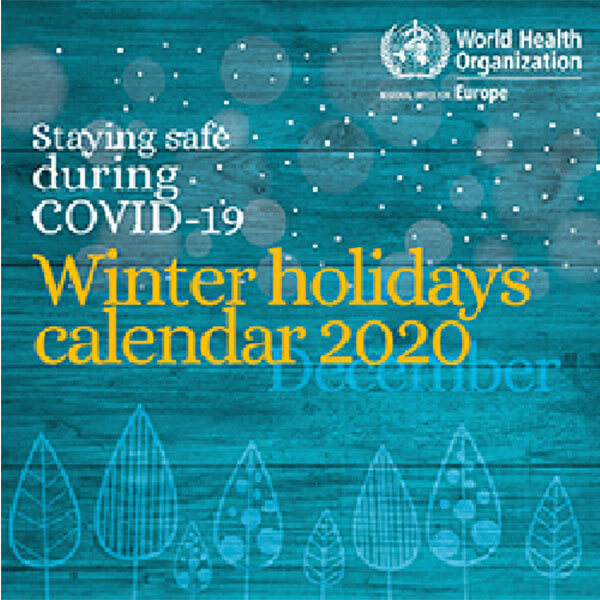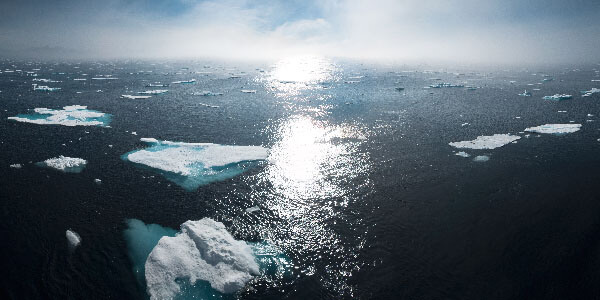António Guterres was speaking at an event to commemorate the 25th anniversary of the World Summit for Social Development, where he called for bold and imaginative action by leaders to avert the long-term impacts of the crisis.
“The pandemic brings new awareness of the social and economic risks that arise from inadequate social protection systems, unequal access to healthcare and other public services and high levels of inequality, including gender, race inequality, and all the other forms we witness in the world”, he said.
“It can therefore open the door to the transformational changes needed to build a New Social Contract at the national level, that is fit for the challenges of the 21st century.”
A New Social Contract
The Secretary-General outlined the components of this New Social Contract, which include a strong emphasis on quality education for all, measures related to fair labour markets and fair taxation, Universal Health Coverage, and “a new generation” of social protection measures.
He said countries with strong social protection systems before the pandemic were better positioned to rapidly offer their citizens access to much-needed healthcare. They also were able to ensure income security and protect jobs.
“We must make every effort to extend social protection systems to the two billion informal economy workers, many of whom are women”, he continued. “They are particularly vulnerable to the socioeconomic impact of COVID-19.”
Progress under threat
The World Summit for Social Development, held in Copenhagen, Denmark, in March 1995, saw world leaders agree that economic growth and social development must be balanced.
Since then, countries have made progress in putting people at the centre of development, according to the head of the UN’s Department of Economic and Social Affairs (DESA), Liu Zhenmin.
While results have been uneven, he pointed to successes such as reducing poverty and expanding access to education, especially for girls. However, the pandemic threatens to undermine these efforts.
“The COVID-19 pandemic reminds us that the gains are fragile. Forging a better, more sustainable path to recovery calls for governments, the private sector and civil society, to adapt their roles and responsibilities”, said Mr. Liu, underscoring the UN chief’s call for a new contract.
Re-imagine global systems
Meanwhile, the crisis has also exposed huge gaps in governance structures and ethical frameworks, and the Secretary-General further called for the re-imagining of global systems and institutions to build a more inclusive, equal and sustainable world.
“We need a New Global Deal where power, resources and opportunities are better shared at international decision-making tables – and governance mechanisms better reflect the realities of today,” he said.
“And at the same time, we need to integrate the principles of sustainable development – and the promise of leaving no one behind – in all decision-making.”
In this regard, he stressed the urgent need to secure the international cooperation and financing required to rollout COVID-19 vaccines and treatments that will be available and affordable to all, and to ensure support for developing countries so they can invest in better post-pandemic recovery.














